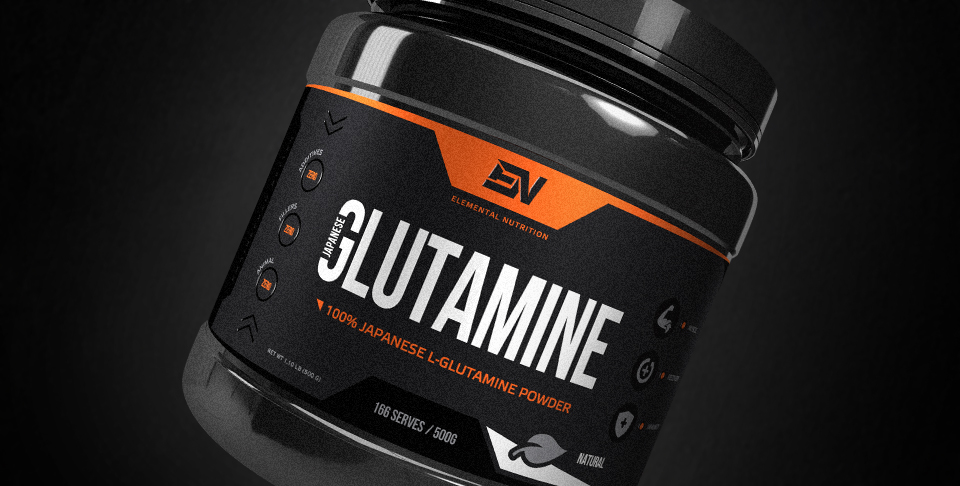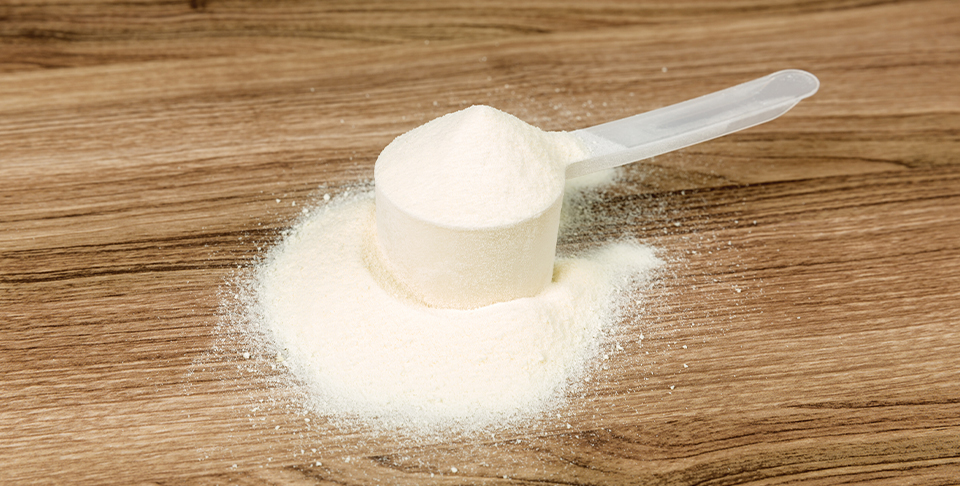Introduction:
L-Glutamine, a non-essential amino acid, plays a critical role in various physiological processes within the body. As a popular dietary supplement, L-Glutamine offers numerous benefits for overall health & well-being. In this article, we will delve into the potential advantages of L-Glutamine supplementation, dosage guidelines, & potential side effects, providing you with valuable insights into harnessing the power of L-Glutamine.
The History of L-Glutamine:
L-Glutamine was discovered as an amino acid by Ernst Schulze in 1883. Its significance in various physiological processes became evident in the mid-20th century. Research has unveiled its essential role in protein synthesis, energy production, immune function, & gut health. Recognized as a valuable dietary supplement, L-Glutamine is widely used to promote muscle recovery, immune support, & overall well-being.
Today, it remains an essential component in nutrition and supplementation, offering a wealth of potential benefits for optimizing health.
I. Muscle Recovery & Repair
L-Glutamine is highly regarded for its exceptional ability to support muscle recovery and repair. During intense exercise, muscles undergo stress & microdamage, resulting in muscle soreness & a longer recovery period. However, L-Glutamine steps in as a valuable ally by reducing muscle soreness, promoting healing, & enhancing overall recovery. By facilitating protein synthesis & replenishing glycogen stores, L-Glutamine provides the necessary building blocks for muscle tissue repair & restores energy reserves. This allows individuals to bounce back stronger, minimizing downtime between workouts & optimizing their training efforts.
By incorporating L-Glutamine into your post-workout routine, you can experience faster & more efficient recovery. This means reduced muscle soreness, enhanced healing, & improve overall muscle function. The combination of supporting protein synthesis & replenishing glycogen stores makes L-Glutamine an essential supplement for individuals seeking to maximize their muscle recovery & repair process. With L-Glutamine as your ally, you can optimize your training, improve performance, & achieve your fitness goals more effectively.
II. Immune System Support
L-Glutamine plays a vital role in supporting immune function, contributing to a strong & resilient immune system. It supports the activity of immune cells, such as lymphocytes & macrophages, & helps maintain immune system balance. L-Glutamine supplementation can help protect against infections & support overall immune health by bolstering immune defences.
III. Gut Health Improvement
Maintaining a healthy gut is crucial for overall well-being, & L-Glutamine plays a significant role in promoting optimal gut health. It supports the integrity of the gut lining, reducing inflammation & enhancing the barrier function of the intestines. L-Glutamine also fuels the cells lining the digestive tract, contributing to improved digestive function & nutrient absorption.
IV. Enhanced Exercise Performance
L-Glutamine supplementation is beneficial for athletes & fitness enthusiasts looking to enhance their exercise performance. It supports endurance, stamina, & the ability to overcome challenging workouts. Additionally, L-Glutamine aids in muscle recovery by reducing exercise-induced damage & accelerating the repair process. L-Glutamine helps individuals achieve their fitness goals more efficiently by optimising exercise performance. By incorporating L-Glutamine into their routine, individuals can experience improved endurance, allowing them to sustain higher levels of physical activity.
Furthermore, L-Glutamine facilitates faster muscle recovery, reducing downtime between workouts & enabling individuals to maintain consistent training. With its combined effects on endurance & muscle recovery, L-Glutamine supplementation becomes a valuable tool for maximizing exercise performance. Whether aiming to improve strength, endurance, or overall athletic abilities, L-Glutamine can provide the necessary support to push through barriers & reach new levels of physical achievement.
V. Weight Management
L-Glutamine may have potential benefits for weight management. It helps regulate appetite by reducing cravings & promoting a sense of satiety. By curbing overeating & supporting portion control, L-Glutamine supplementation can assist individuals in their weight management efforts, helping them maintain healthy body composition.
VI. Cognitive Function & Mental Health
L-Glutamine plays a crucial role in supporting brain health & cognitive function. It is a precursor for neurotransmitters involved in brain signalling, such as glutamate & GABA. Adequate levels of L-Glutamine support optimal neurotransmitter synthesis, contributing to improved cognitive performance, memory, & mental clarity. L-Glutamine supplementation may have potential benefits for individuals seeking to support their cognitive well-being.
VII. Dosage, Supplements, & Potential Side Effects
When considering L-Glutamine supplementation, it is important to follow proper dosage guidelines. The recommended dosage typically ranges from 5 to 20 grams per day, depending on individual needs & goals. L-Glutamine is available in various forms, including powder, & capsules, powders being the most popular. Choosing a reputable brand, such as Japanese Ajinomoto® Pharmaceutical Grade L-Glutamine, & consulting with a healthcare professional or nutritionist for personalized guidance is recommended.
While L-Glutamine is generally considered safe, a small number of individuals may experience potential side effects such as gastrointestinal discomfort, especially at higher dosages. It is advisable to start with lower doses & gradually increase to assess tolerance. Individuals with specific medical conditions or taking medications should consult their healthcare provider before starting L-Glutamine supplementation.
In Conclusion
L-Glutamine supplementation offers a wide range of potential benefits, including enhanced muscle recovery, immune system support, improved gut health, optimized exercise performance, & weight management. With its role in supporting cognitive function & mental health, L-Glutamine showcases its versatility as a valuable dietary supplement. However, it is advisable to follow proper dosage guidelines, choose reputable supplements, & consult with a nutritionist or healthcare professional before incorporating L-Glutamine into your routine.
By harnessing the power of L-Glutamine, you can take proactive steps towards optimizing your fitness & recovery, overall health & well-being.
References
- Cruzat V, Macedo Rogero M, Noel Keane K, Curi R, Newsholme P. Glutamine: Metabolism and Immune Function, Supplementation and Clinical Translation. Nutrients. 2018;10(11):1564.
- Gleeson M. Dosing and efficacy of glutamine supplementation in human exercise and sport training. J Nutr. 2008;138(10):2045S-2049S.
- Melis GC, ter Wengel N, Boelens PG, van Leeuwen PA. Glutamine: recent developments in research on the clinical significance of glutamine. Curr Opin Clin Nutr Metab Care. 2004;7(1):59-70.
- Newsholme P, Procopio J, Lima MM, Pithon-Curi TC, Curi R. Glutamine and glutamate as vital metabolites. Braz J Med Biol Res. 2003;36(2):153-163.
- Parry-Billings M, Budgett R, Koutedakis Y, Blomstrand E, Newsholme EA, Calder PC. Plasma amino acid concentrations in the overtraining syndrome: possible effects on the immune system. Med Sci Sports Exerc. 1992;24(12):1353-1358.
- Rennie MJ, Tadros L, Khogali SE, Ahmed A, Taylor PM. Glutamine transport and its metabolic effects. J Nutr. 1994;124(8 Suppl):1503S-1508S.
- Wischmeyer PE. Glutamine: role in critical illness and ongoing clinical trials. Curr Opin Gastroenterol. 2019;35(2):148-153.
- Ziegler TR. Glutamine supplementation in cancer patients receiving bone marrow transplantation and high dose chemotherapy. J Nutr. 2001;131(9 Suppl):2578S-2584S.



